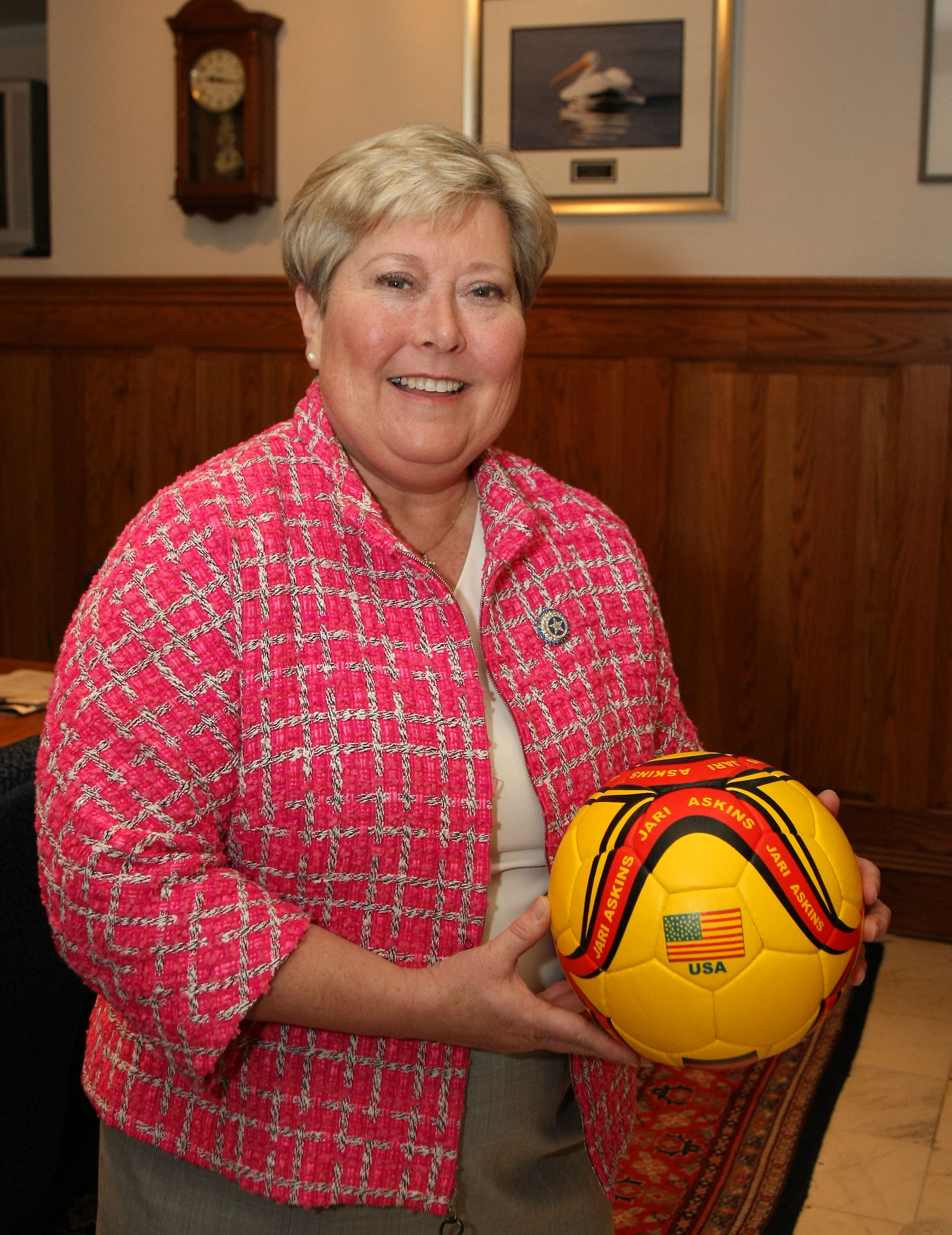WaPo Article: “Key in Afghanistan: Economy, Not Military”
July 2nd, 2009 Posted by adminKey in Afghanistan: Economy, Not Military
By Bob Woodward
Washington Post Staff Writer
Wednesday, July 1, 2009
CAMP LEATHERNECK, Afghanistan — National security adviser James L. Jones told U.S. military commanders here last week that the Obama administration wants to hold troop levels here flat for now, and focus instead on carrying out the previously approved strategy of increased economic development, improved governance and participation by the Afghan military and civilians in the conflict.
The message seems designed to cap expectations that more troops might be coming, though the administration has not ruled out additional deployments in the future. Jones was carrying out directions from President Obama, who said recently, “My strong view is that we are not going to succeed simply by piling on more and more troops.”
“This will not be won by the military alone,” Jones said in an interview during his trip. “We tried that for six years.” He also said: “The piece of the strategy that has to work in the next year is economic development. If that is not done right, there are not enough troops in the world to succeed.”
Jones delivered his message after a 30-minute briefing by Marine Brig. Gen. Lawrence D. Nicholson, who commands 9,000 Marines here, nearly half the new deployments Obama has sent to Afghanistan.
The day before in Kabul, Jones delivered the same message to Gen. Stanley A. McChrystal, the new overall commander in Afghanistan. McChrystal has undertaken a 60-day review designed to address all the issues in the war. In addition, Jones has told Secretary of Defense Robert M. Gates and Adm. Michael Mullen, the chairman of the Joint Chiefs of Staff, that they should focus on implementing the current strategy, completing the review and getting more Afghan forces involved in the fight before requesting additional U.S. troops for Afghanistan.
The question of the force level for Afghanistan, however, is not settled and will probably be hotly debated over the next year. One senior military officer said privately that the United States would have to deploy a force of more than 100,000 to execute the counterinsurgency strategy of holding areas and towns after clearing out the Taliban insurgents. That is at least 32,000 more than the 68,000 currently authorized.
Nicholson and his senior staff, 20 Marine colonels and lieutenant colonels, sat around a table made of unfinished plywood the size of at least three ping-pong tables in a command headquarters that stands where there had been nothing but desert six months ago. The headquarters is located in Helmand province in southern Afghanistan, 370 miles from the capital, Kabul, in a region known as the Desert of Death because of its scorching heat and choking fine, dustlike sand. The province is facing a rising and lethal Taliban insurgency.
During the briefing, Nicholson had told Jones that he was “a little light,” more than hinting that he could use more forces, probably thousands more. “We don’t have enough force to go everywhere,” Nicholson said.
But Jones recalled how Obama had initially decided to deploy additional forces this year. “At a table much like this,” Jones said, referring to the polished wood table in the White House Situation Room, “the president’s principals met and agreed to recommend 17,000 more troops for Afghanistan.” The principals — Secretary of State Hillary Rodham Clinton; Gates; Mullen; and the director of national intelligence, Dennis C. Blair — made this recommendation in February during the first full month of the Obama administration. The president approved the deployments, which included Nicholson’s Marines.
Soon after that, Jones said, the principals told the president, “oops,” we need an additional 4,000 to help train the Afghan army.
“They then said, ‘If you do all that, we think we can turn this around,’ ” Jones said, reminding the Marines here that the president had quickly approved and publicly announced the additional 4,000.
Now suppose you’re the president, Jones told them, and the requests come into the White House for yet more force. How do you think Obama might look at this? Jones asked, casting his eyes around the colonels. How do you think he might feel?
Jones let the question hang in the air-conditioned, fluorescent-lighted room. Nicholson and the colonels said nothing.
Well, Jones went on, after all those additional troops, 17,000 plus 4,000 more, if there were new requests for force now, the president would quite likely have “a Whiskey Tango Foxtrot moment.” Everyone in the room caught the phonetic reference to WTF — which in the military and elsewhere means “What the [expletive]?”
Nicholson and his colonels — all or nearly all veterans of Iraq — seemed to blanch at the unambiguous message that this might be all the troops they were going to get.
Jones, speaking with great emphasis to this group of Iraq veterans, said Afghanistan is not Iraq. “We are not going to build that empire again,” he said flatly.
Researcher Evelyn Duffy contributed to this report.
Click here to read the full article.















